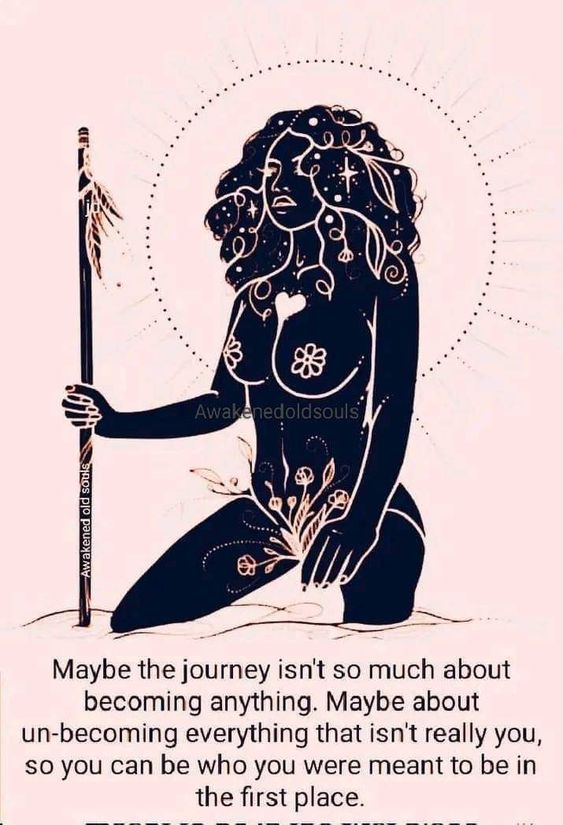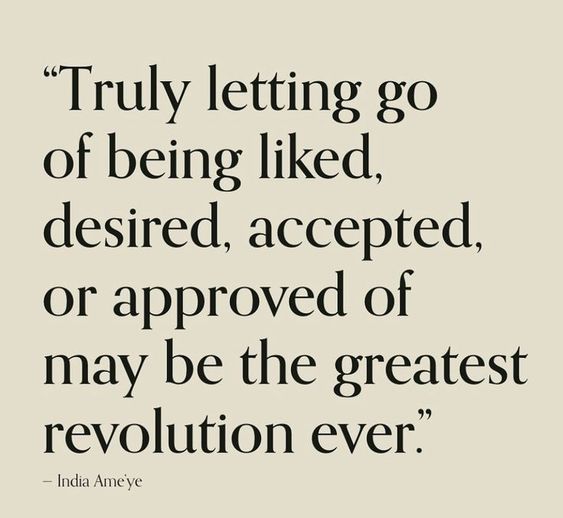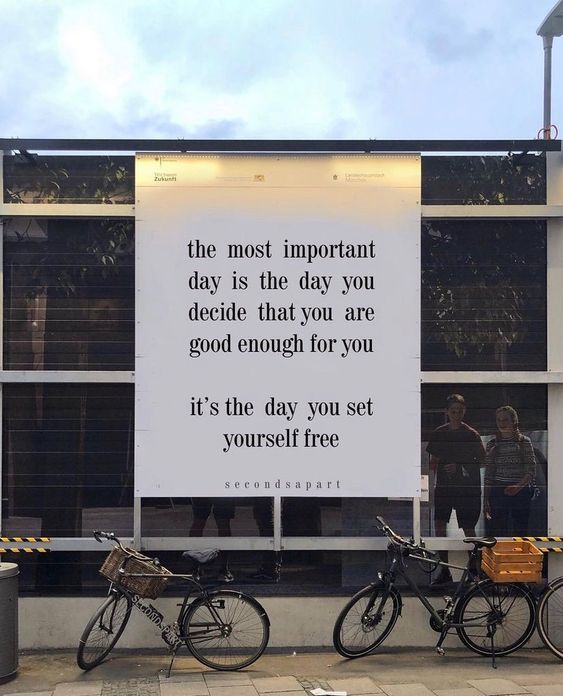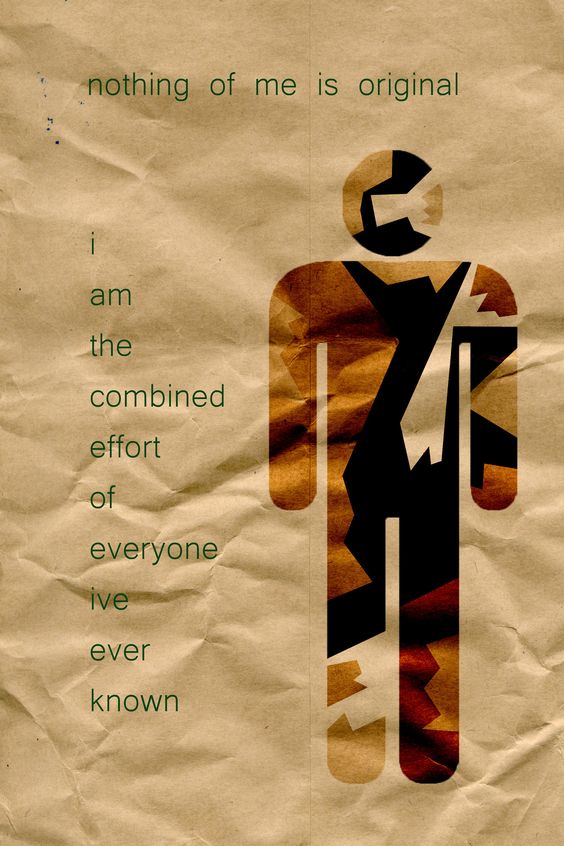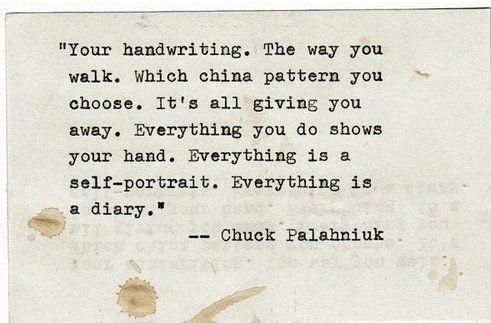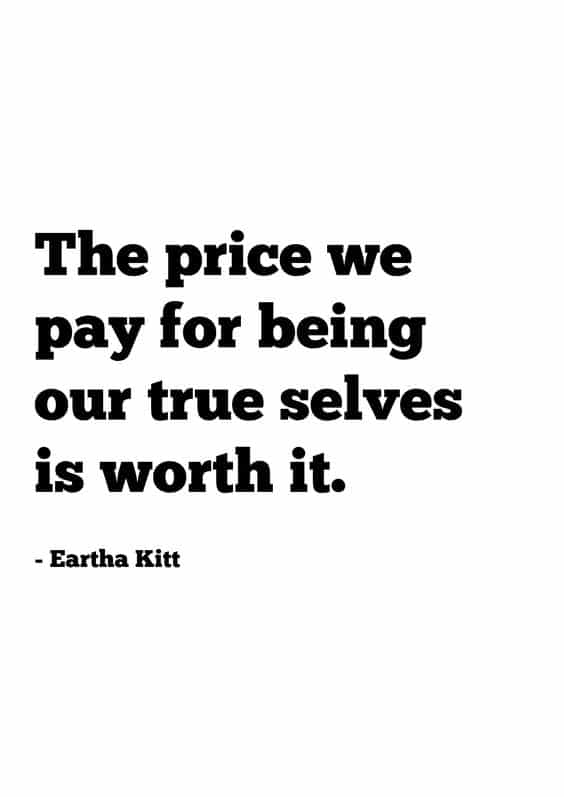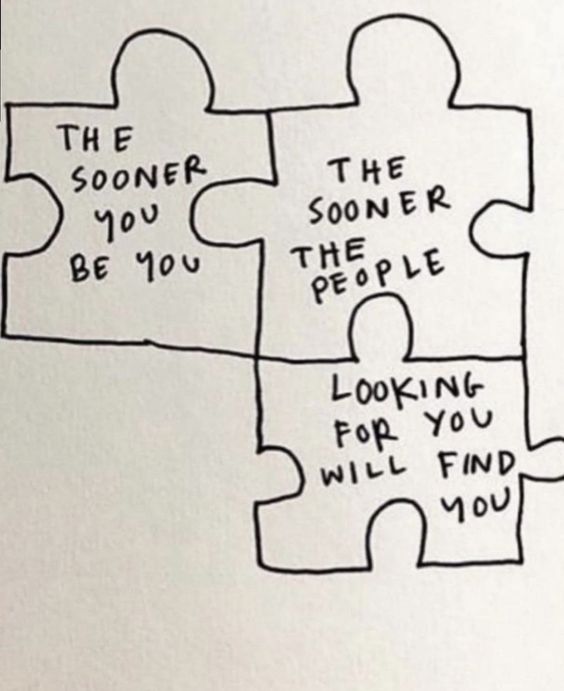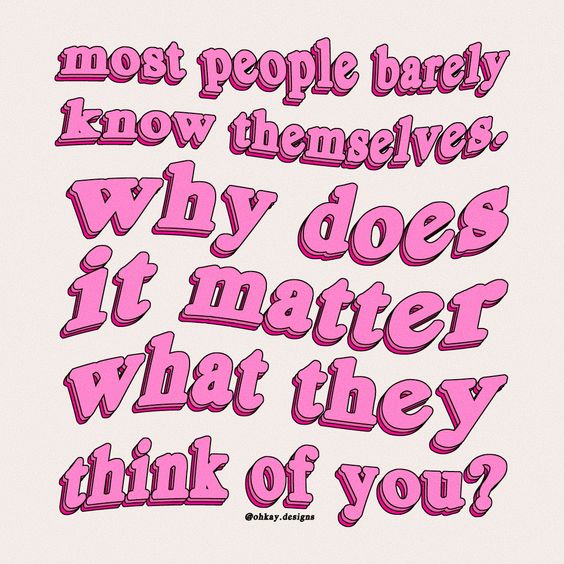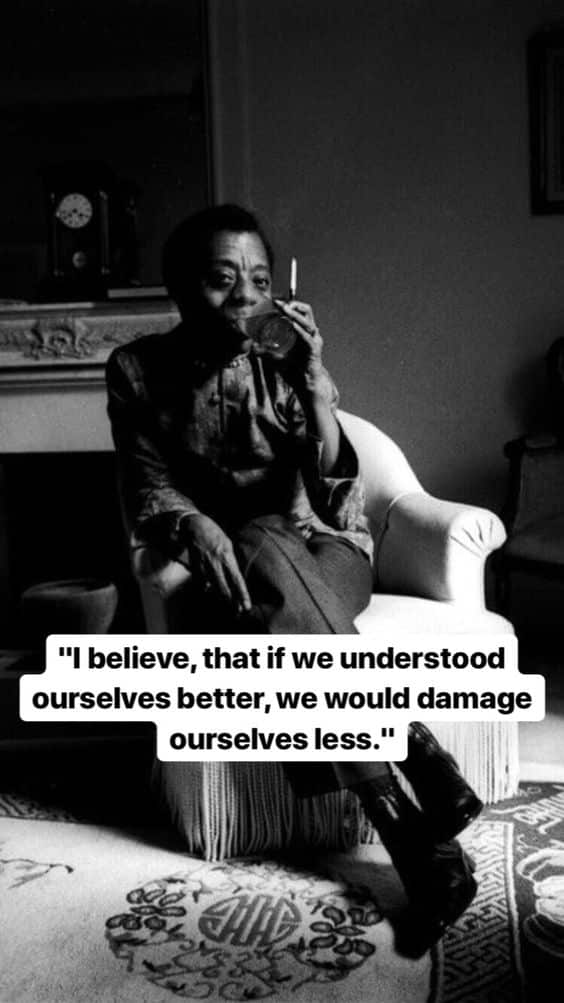“Most of us don’t sit down and think about our values. We don’t like to be alone with our own thoughts. Our inclination is to avoid silence, to try to fill our heads, to keep moving. If you go to a networking event every day and have to tell people what you do for a living, it’s hard to step away from that reduction of who you are. If you watch Real Housewives every night, you start to think that throwing glasses of wine in your friends’ faces is routine behavior. When we fill up our lives and leave ourselves no room to reflect, those distractions become our values by default.”
Jay Shetty, Think Like A Monk (Page 11)
“When we tune out the opinions, expectations, and obligations of the world around us, we begin to hear ourselves. In that silence, I recognize the difference between outside noise and my own voice. I could clear away the dust of others to see my core beliefs.”
Jay Shetty, Think Like A Monk (Page 11)
“When you try to live your most authentic life, some of your relationships will be in jeopardy. Losing them is a risk worth bearing; finding a way to keep them in your life is a challenge worth taking on.”
Jay Shetty, Think Like A Monk (Page 6)
“It is better to live your own destiny imperfectly than to live an imitation of somebody else’s life with perfection.”
Bhagavad Gita 3.35, via Think Like A Monk (Page 3)
“Animals are not neurotic because they don’t have any ideals. Trees are not neurotic because they don’t have any ideals. They are not trying to become somebody else. They are simply enjoying whatever they are. You are you. But somewhere deep down you want to become a Buddha or a Jesus, and then you go around in a circle that will be unending. Just see the point of it—you are you. And the whole, or existence, wants you to be you. That’s why existence has created you, otherwise it would have created a different model. It wanted you to be here at this moment. It did not want Jesus to be here in place of you. And existence knows better. The whole always knows better than the part.”
Osho, Everyday Osho (Page 44)
“The ability to do hard things is perhaps the most useful ability you can foster in yourself or your children. And proof that you are someone who can do them is one of the most useful assets you can have on your life resume. Our self-image is composed of historical evidence of our abilities. The more hard things you push yourself to do, the more competent you will see yourself to be. If you can run marathons or throw double your body weight over your head, the sleep deprivation from a newborn is only a mild irritant. If you can excel at organic chemistry or econometrics, onboarding for a new finance job will be a breeze. But if we avoid hard things, anything mildly challenging will seem insurmountable. We’ll cry into TikTok over an errant period at the end of a text message. We’ll see ourselves as incapable of learning new skills, taking on new careers, and escaping bad situations. The proof you can do hard things is one of the most powerful gifts you can give yourself.”
Nat Eliason
“The ‘night sea journey’ is the journey into the parts of ourselves that are split off, disavowed, unknown, unwanted, cast out, and exiled to the various subterranean worlds of consciousness… The goal of this journey is to reunite us with ourselves. Such a homecoming can be surprisingly painful, even brutal. In order to undertake it, we must first agree to exile nothing.”
Stephen Cope, via The Body Keeps The Score (Page 125)
“We tend to be most rigid in our identities in areas that we’ve been hurt the most. People who grow up in poverty tend to have the most inflexible views on money and wealth. People who grow up unattractive tend to have the most rigid views about appearance. These rigid views about ourselves and the world helped us survive at one point, but when held onto for too long, they eventually hold us back.”
Mark Manson
“Trying to force a wild human brain into precise, professional boxes is one of the reasons we’re so overwhelmed in the first place.”
Aytekin Tank, Automate Your Busywork (Page 137)
